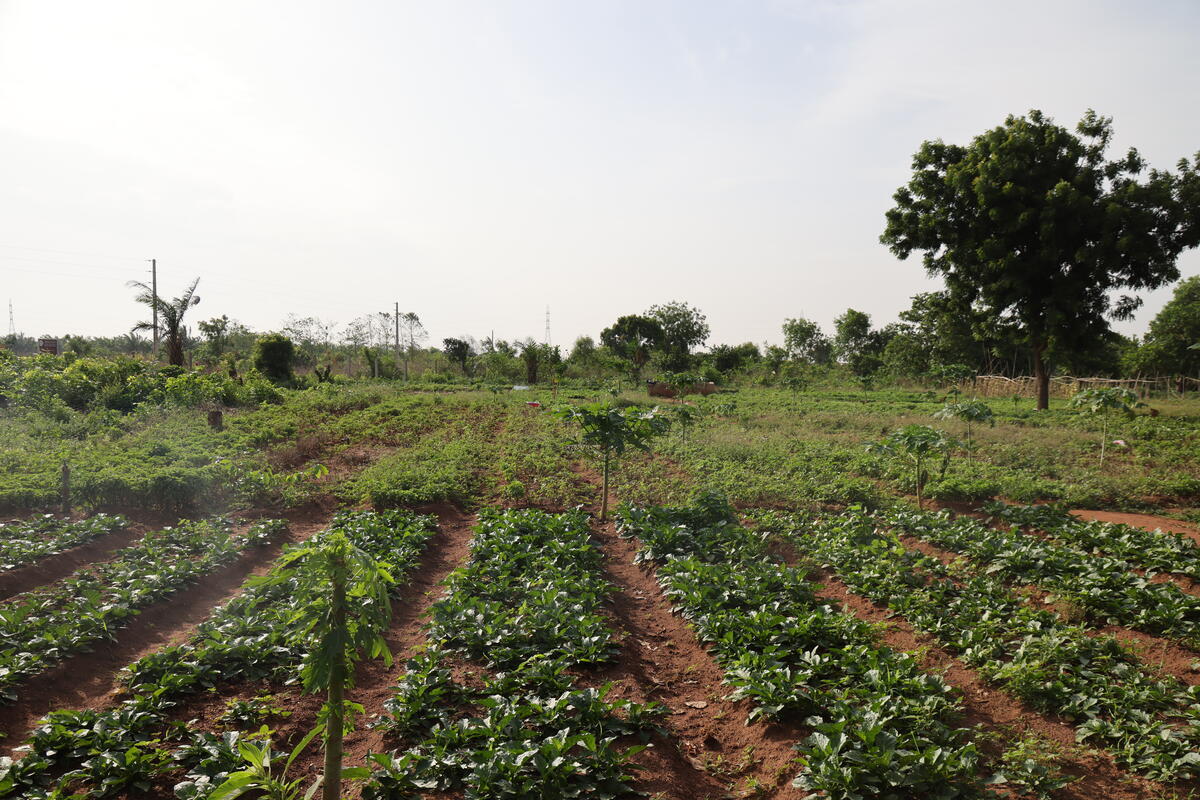
The Centre of Excellence, in partnership with the Brazilian Cooperation Agency (ABC) and the Brazilian Cotton Institute (IBA), held the third webinar in the series on the Beyond Cotton Project on the 24th. The session addressed the theme ‘Nutrition-Sensitive Agriculture: Diversified Production and Food and Nutritional Security,’ bringing together representatives from Brazil and African countries.
Riffat Iqbal, representative of ABC, highlighted the strategic nature of the initiative: ‘For the Brazilian government, this is a valuable partnership that combines technical knowledge, international cooperation, and concrete results for family farmers in partner countries.’
Among the participants, Isabela Lima Bitencourt, representative of IBA, emphasised the importance of the Project and international cooperation to improve cotton production in Benin and in the Project countries: Tanzania, Mozambique and Benin. Thais Fonseca, from the Ministry of Development and Social Assistance, Family and Fight against Hunger (MDS), presented the Alimenta Cidades (Feed Cities) programme, which seeks to stimulate production and expand access to nutritious food in areas known as food deserts.
The meeting was also attended by Dominique Dedegbe, from the Ministry of Agriculture of Benin (MAEP), who shared local experiences of purchasing from small producers for school meals. Nutritionist and professor at the Federal University of Western Bahia (UFOB), Débora Porcino, presented nutrition practices developed under the Beyond Cotton Project, while Dr. Vanille Pessoa, from the Federal University of Campina Grande (UFCG), showed the methodology applied with farmers in Tanzania and photographic records of learning activities.
Daniel Balaban, director of the WFP Centre of Excellence against Hunger, reinforced the relevance of the action: “The Beyond Cotton Project strengthens agricultural production and values cotton by-products, showing that crop diversification both helps to strengthen the local economy and expands the food supply for farming families and school meals. Agriculture and nutrition go hand in hand. Each seed contributes to improving the life of the community.”
This was the third and final webinar in the series. The previous two addressed, respectively, the experience of South-South Cooperation in implementing the Beyond Cotton Project and institutional procurement and market access for small-scale cotton and intercropping producers. The webinars are available in Portuguese, English and French on the Centre of Excellence’s YouTube channel.




